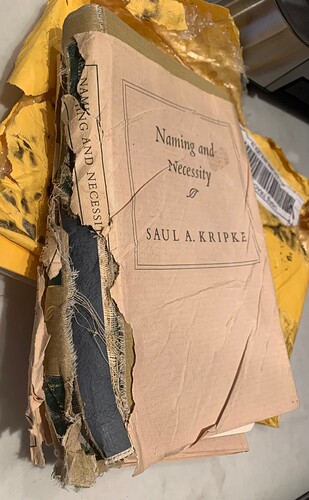Some books I have read in the past few months.
Stalin: The Court of the Red Tsar. Montefiore. Good, but long. I got a little tired of all the letter excerpts. After a while I was not interested in reading about this murderous asshole’s domestic complaints. It’s unbelievable how many political and personal opponents this guy had killed. How Russia even has a functioning state after all that is beyond me. (I know, they don’t, but you know what I mean.) Say what you want about the political dysfunction in the US, but we didn’t have a dictator murdering hundreds/thousands of his political foes and killing millions of his own “subjects” just a generation ago.
Caesar. Goldworthy. Quite good. Hard to keep track of the names. Gave a good description of why the Republic was failing. Too detailed on the battles for me, but you can skim those parts if you want to.
House of Rain. Childs. About the Anasazi, or the Anestral Puebloans, or whatever the correct name is. Don’t expect a rigorous history, it’s more of an elegy/travelog, as this guys toured the relevant regions in southwest US. I found it pretty interesting, although it did tend to ramble and repeat itself.
Different Seasons. Stephen King. The Body (Stand By Me) is great. Shawshank is good, but (this is rare for me) I thought the movie was better. Apt Pupil is OK. The last one (Breathing Method) is basically an extended tall tale, but pretty well done.
Whipping Boy. Kurzwell. I found this fascinating, but maybe not for the reasons the author would hope. It’s about a guy who was bullied in a Swiss boarding school in the 70s. He later tries to track down his bully, and that part turns into a true crime type story, as the grown-up bully was involved in a complicated scheme to scam rich people out of big money. When the author got to the big bullying scene at boarding school, where he was tied up and whipped as part of a impromptu play (I don’t think teachers were around), I found myself thinking “that didn’t sound that bad.” In part I thought this because the author didn’t describe his injuries from the whipping–I expected to hear about the welts and the bleeding, so I ended up assuming it wasn’t that bad. Then I figured I was just being a judgmental asshole–who cares how bad the whipping was? I shouldn’t victim-criticize just because his whipping wasn’t as severe as I expected.
Then later on in the book, the author confronts the bully, and the author says it was a simulated whipping! It was just pantomimed. This was your central bullying incident?? Jeez, toughen up. (I still feel like an asshole for saying this.) I’m sure it was humiliating, but hell, many of us have had worse bullying than that.
Anyway, the financial crime aspect of the story (that the bully helped with as an adult) was more interesting to me. It was very involved, and had people pretending to be Romanian royalty and shit like that. Big banks and law firms were fooled as well.
1 Henry IV and 2 Henry IV. I wouldn’t read these again. I had an English prof in college who was enthralled by Falstaff, and his enthusiasm rubbed on to me at the time. However, I am no longer enchanted by Falstaff. He just seems like a delusional blowhard. He’s not really that lovable or even interesting to me anymore. I get enough of that in real life.
The Law of Innocence. Michael Connelly (the author who does the Bosch books). Every once in a while read what I call “crappy crime novels” to counter some of the more srs bzns books I read. Connelly does a pretty good job. You can’t go to wrong just picking one at random, if you need something to read in an airport or on vacation.

